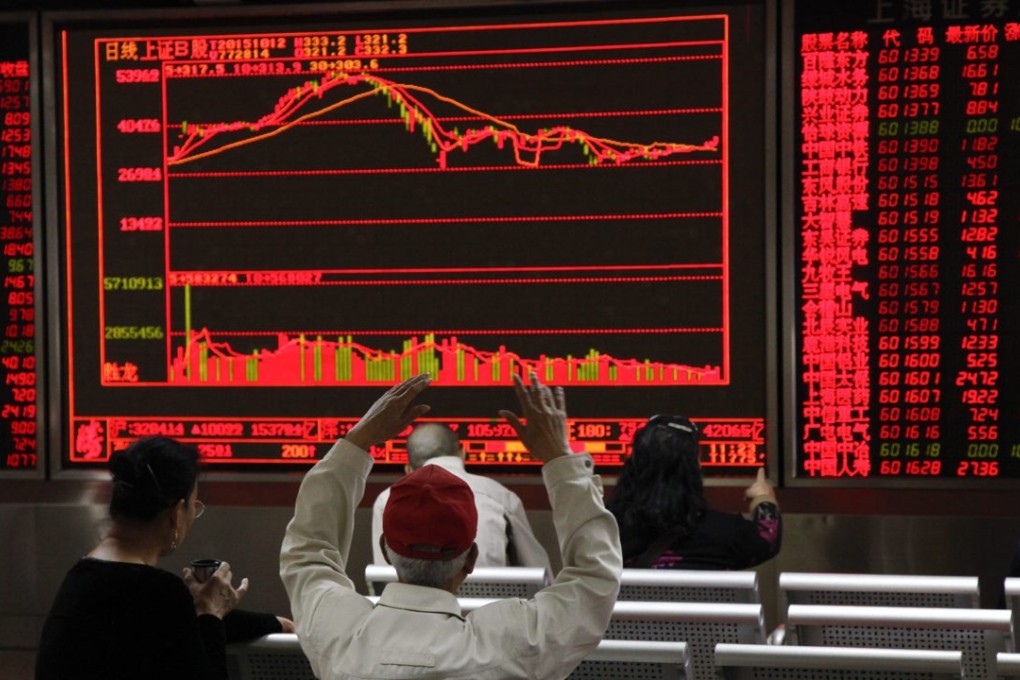New | China’s soft inflation data provides room for more stimulus

Although the inflation data from China disappointed investors, analysts with the ABN AMRO said the emerging picture is not as dire as it may seem.
“Chinese inflation data show that there is further room for stimulus, in our view. After rising to a 12-month high of 2 per cent year on year in August, headline inflation fell again to 1.6 per cent year on year on the back of lower food price inflation,” ABN AMRO said in a report.
“Chinese imports fell sharply in January and February, but recovered in March (with volatility also reflecting the timing of the Chinese New Year) and have been quite stable since. It is clear that the sharp drop in early 2015 is still affecting the year-on-year numbers. This pattern is more or less valid for various trade partners, including the US, EU and Asia. Exports have even showed monthly gains since April,” the report said.
ING said in a separate research note on Thursday that judging by the sell-off in Asian currencies, contagion from increased China growth uncertainty was more virulent than the ‘Taper Tantrum’ of a few years ago when funds dumped emerging markets after the US Fed said it may gradually pull back from its asset purchase programme.
“Floating Asia ex-Japan currencies depreciated an average of 5.91 per cent in the third quarter, with the MYR down 14.15 per cent and the CNY down 2.44 per cent. We attribute all of it to China growth uncertainty. In contrast, the Taper Tantrum (May 21 to September 30, 2013) triggered a 3.48 per cent average AXJ depreciation, with the IDR down 14.45 per cent but the KRW appreciating 3.91per cent,” the note said.
“We think declining China growth uncertainty will sustain the re-pricing of AXJ and all, with the exception of the MYR and CNY/CNH, will retrace their 3Q depreciation. We expect central bank smoothing will then provide support. Commodity prices – the CRB index – declined 14 per cent in the third quarter and have only retraced 20 per cent of this in the October re-pricing. We think they will continue to underperform.”
